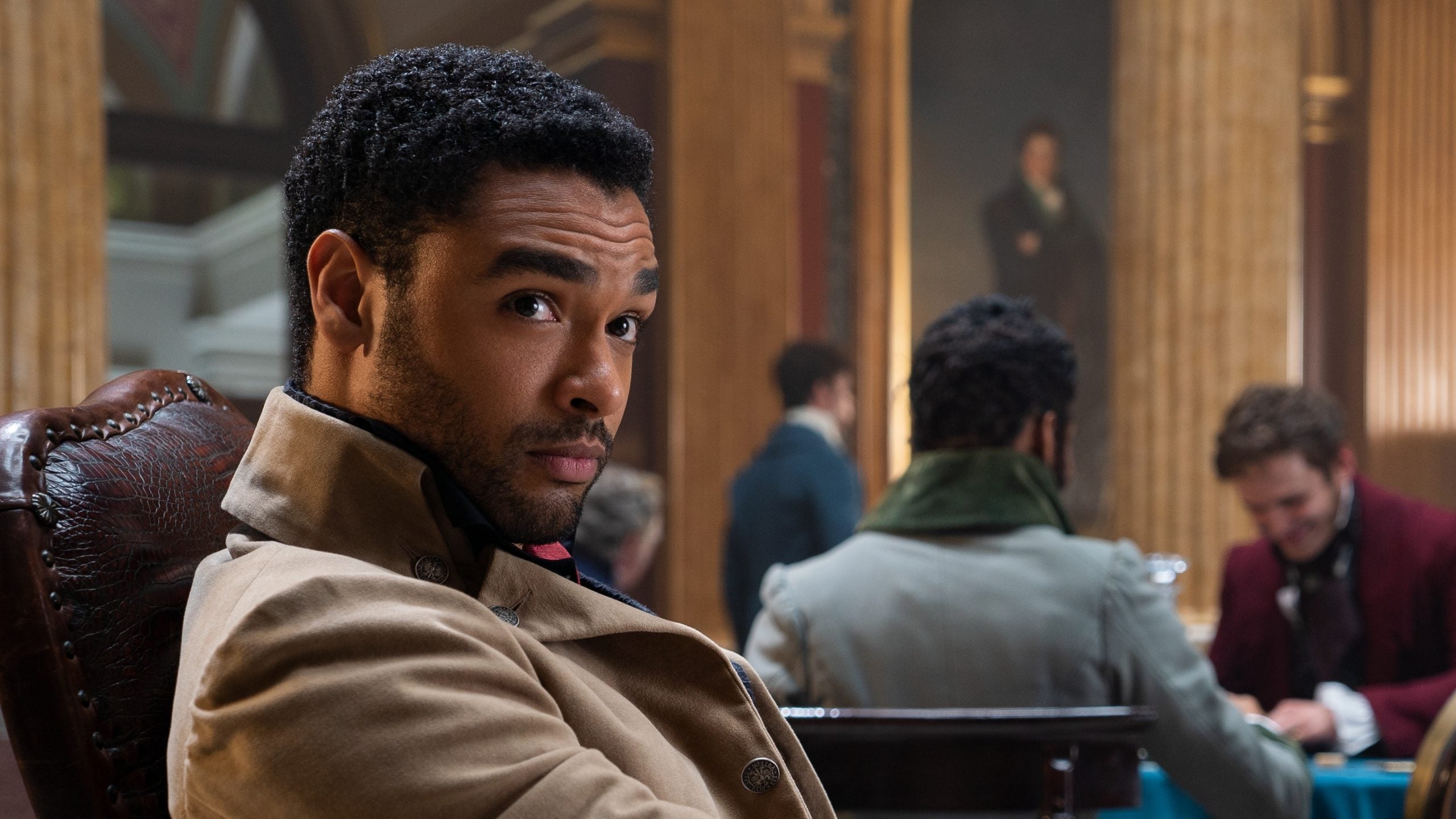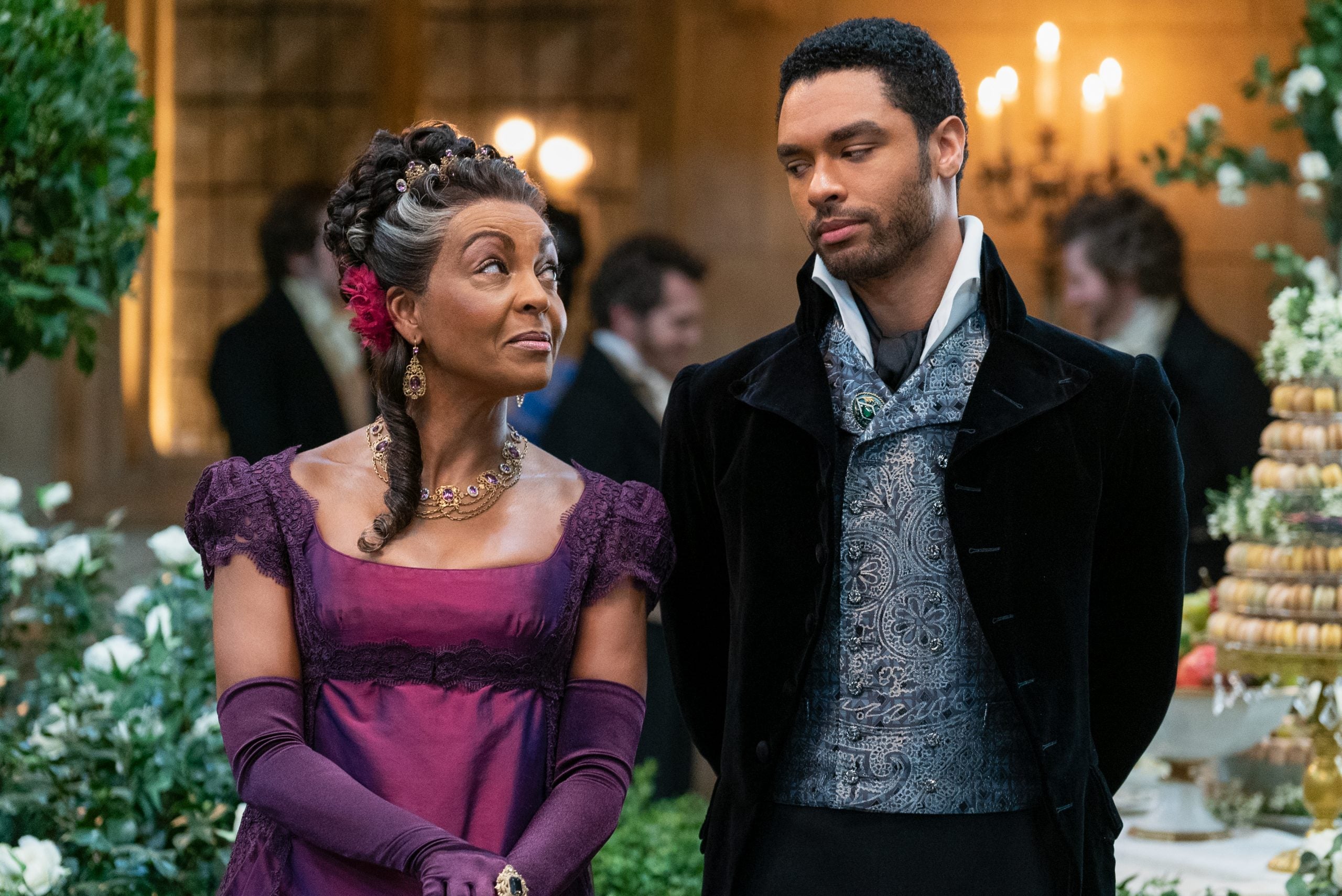
Regé Jean-Page has exploded as Hollywood’s new it-guy in the nine months since Bridgerton’s Christmas 2020 premiere on Netflix, where his turn as the smoldering Duke of Hastings solidified him as both a household name and a housewife’s fantasy.
Now, in the latest edition of British GQ, Jean-Page reveals that his upbringing in Zimbabwe and later as an immigrant to the UK provided him with the skills to make him a standout star on the hit show.
“It was very valuable as an artist to grow up outside one of the centers of the world,” he told the magazine, reflecting on growing up with only two television stations that played a near-random mishmash of European sports and soap operas.

Always an inquisitive child bursting with personality, Jean-Page was in for a culture shock when he relocated to London in his teens to attend high school.
“I was a loud kid,” he tells GQ. “So I’ve always been expressive and I would think to myself, ‘Why am I weird once I’ve come to the UK? What’s different about me?’”
Instead of accepting his status as a societal outcast, Jean-Page dissected what was perceived as odd about him in his new environment and worked to adapt and mask it as needed to grant him acceptance in different rooms.
“If I was this guy, I’d get access here; if I was this guy, people will accept me in this way… It’s code-switching, but then taken into subcultures.”
That skill, all too familiar for many African Americans, gave him the ability to try on many hats of personality. Something that, alongside his heart-throbbingly good looks, now has Hollywood knocking down his door with roles in the upcoming Netflix mega-budget thriller “The Gray Man,” an upcoming “Dungeons & Dragons” film, and even whispering about him as the new James Bond — another role not traditionally viewed as a station for a Black actor.

One thing he admired about becoming Hastings on Bridgerton was the manner in which the portrayal was often “literally lifting people into a position of aspiration, power, possibility, and agency that they’ve not been afforded before.”
But Jean-Page is quick to point out that simply because we haven’t seen Black people in these roles on screen, doesn’t mean that they weren’t in these positions in real life. Portrayals of our people in positions of power and status in history is not the pandering move some would like to make it seem. It’s a light course correction for a history of erasure.
“The reason you think history is white is because you’ve been lied to. It’s not that we’re being politically correct. It’s that we’ve been, very deliberately, politically incorrect.”